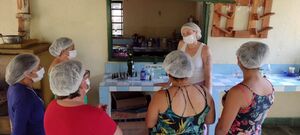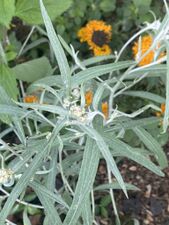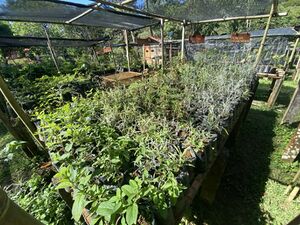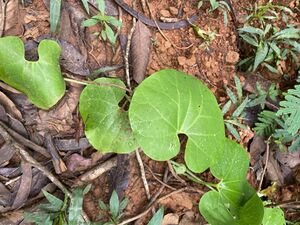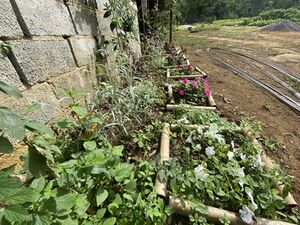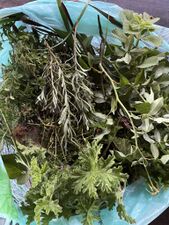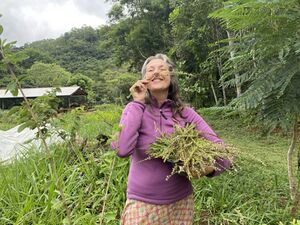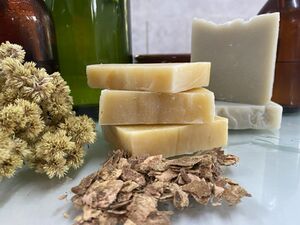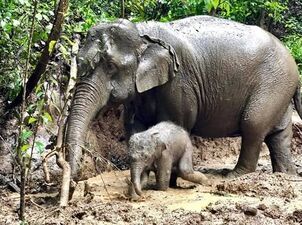Rainforest Therapies for Healthy Communities: Difference between revisions
No edit summary |
(Updated solutions) |
||
| Line 21: | Line 21: | ||
=Project Gallery= | =Project Gallery= | ||
|Problems=38273 | |Problems=38273,195735 | ||
|Solutions=195736 | |||
|organization_id=39662 | |organization_id=39662 | ||
|Region=Brazil | |Region=Brazil | ||
Revision as of 10:11, 21 June 2023
| Organization | Iracambi |
|---|---|
| Region | Brazil |
| Website | Website |
| N/A | |
| ProjectLeader | Carla Facchina |
| Linked Problems & Solutions
|
|---|
Across the world millions of people rely on medicinal plants for their primary health needs, and scientists agree that one in four "modern" medicines derive from rainforest plants. Yet rainforest destruction and degradation continue apace, and increasing numbers of species become extinct every year. Iracambi's Forest Therapies program seeks to promote the conservation of medicinal plants native to Brazil's Atlantic Rainforest, and rescue, document and share traditional knowledge about their uses
Challenge
The Atlantic Rainforest is one of the world's top biodiversity hotspots. Sadly, Its extraordinary richness of species has been severely affected by deforestation, poor land management and the effects of climate change. As the forest disappears, so do the medicinal plants, and the knowledge about their uses. Many of the traditional guardians of this knowledge are rural women who frequently suffer from isolation, lack of opportunity and low self esteem. The forest suffers, so do the forest people.
Long-Term Impact
Living in a patriarchal society, rural women are frequently unaware of their true value, unaccustomed and often unwilling to make their voices heard. Through celebrating their knowledge and fostering a sense of community, we help empower them to value themselves and their environment. By reviving traditional uses, and developing new ones, we are together creating economic opportunities, building their self esteem and encouraging them to play a more active role as guardians of the forest plants.
References
Additional Documentation
https://www.globalgiving.org//pfil/56863/projdoc.pdf
Project Gallery
